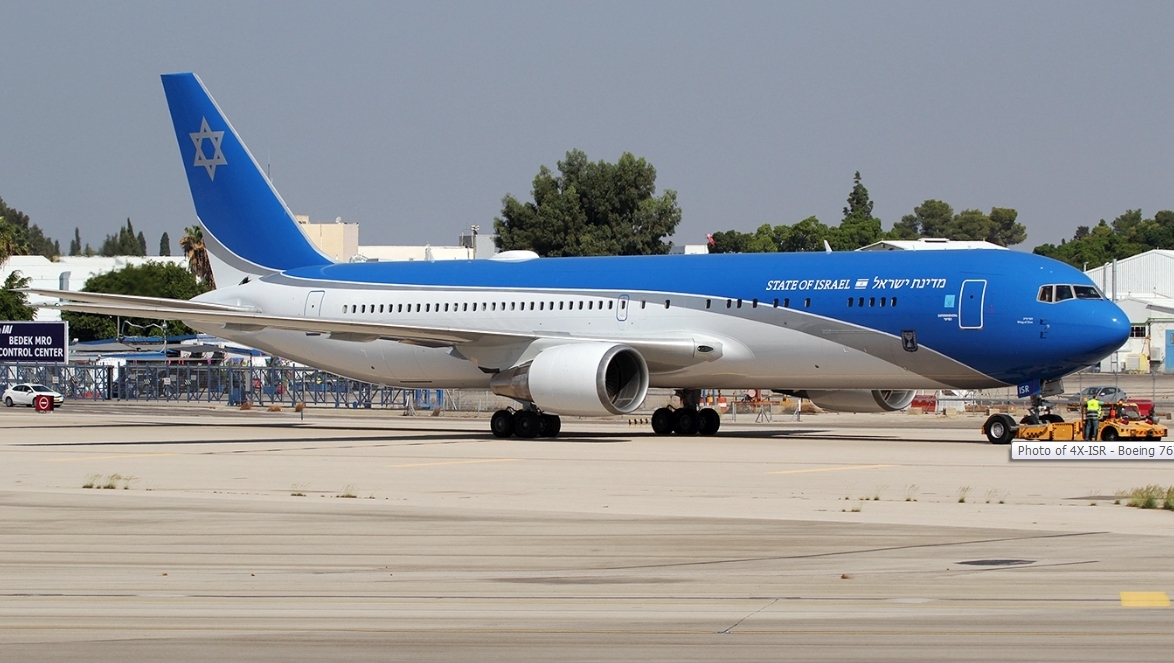TEL AVIV (Transatlantic Today) – Israel has recently extended a security agreement with Dubai, allowing Israeli carriers to continue flying to the United Arab Emirates until a disagreement over aviation security is resolved.
It cautioned that until the matter is rectified, there might be a conflict with the Gulf state.
Israel’s Shin Bet security service has expressed concerns about facilities at Dubai International Airport, which it did not reveal publicly, and stated the three airlines would stop flying there if the issues were not remedied.
The present agreements were set to expire on Tuesday, but according to a senior Israeli source, Transport Minister Merav Michaeli has extended the deadline by nearly a month to allow for more discussions.
El Al, Israir, and Arkia airlines began flying direct from Tel Aviv to Dubai following a 2020 agreement that normalized relations between the two countries, allowing hundreds and thousands of Israelis to travel Dubai since then, according to Al Jazeera.
The Dubai authorities have yet to respond to the situation.
Israel put pressure on the UAE to resolve its security concerns in parallel with the deadline extension.
According to the senior Israeli official, if Israeli airlines cease flying to Dubai, it will be a de facto end to their UAE activities, prompting a reciprocal boycott.
Flydubai runs direct flights between Dubai and Tel Aviv, while Dubai’s Emirates has been considering launching services to Israel.
From Abu Dhabi to Tel Aviv, Wizz Air and Etihad Airways travel.
An Israeli transport ministry official indicated at the time of the deal’s signing that the two nations would sign the accord authorizing 28 weekly commercial airlines between the UAE and Israel.
Israel’s aviation security procedures are rarely made public.
Should Israeli airlines no longer be allowed to fly to Dubai, the Shin Bet suggests that Abu Dhabi, the capital of the United Arab Emirates, may be a viable option. However, a senior Israeli official dismissed this, claiming that Abu Dhabi saw significantly less traffic.
“Abu Dhabi may be an option security-wise, but it is not an economic option,” the source explained.
El Al was the first Israeli airline to fly into Saudi Arabian airspace, landing in the United Arab Emirates in August 2020.


























